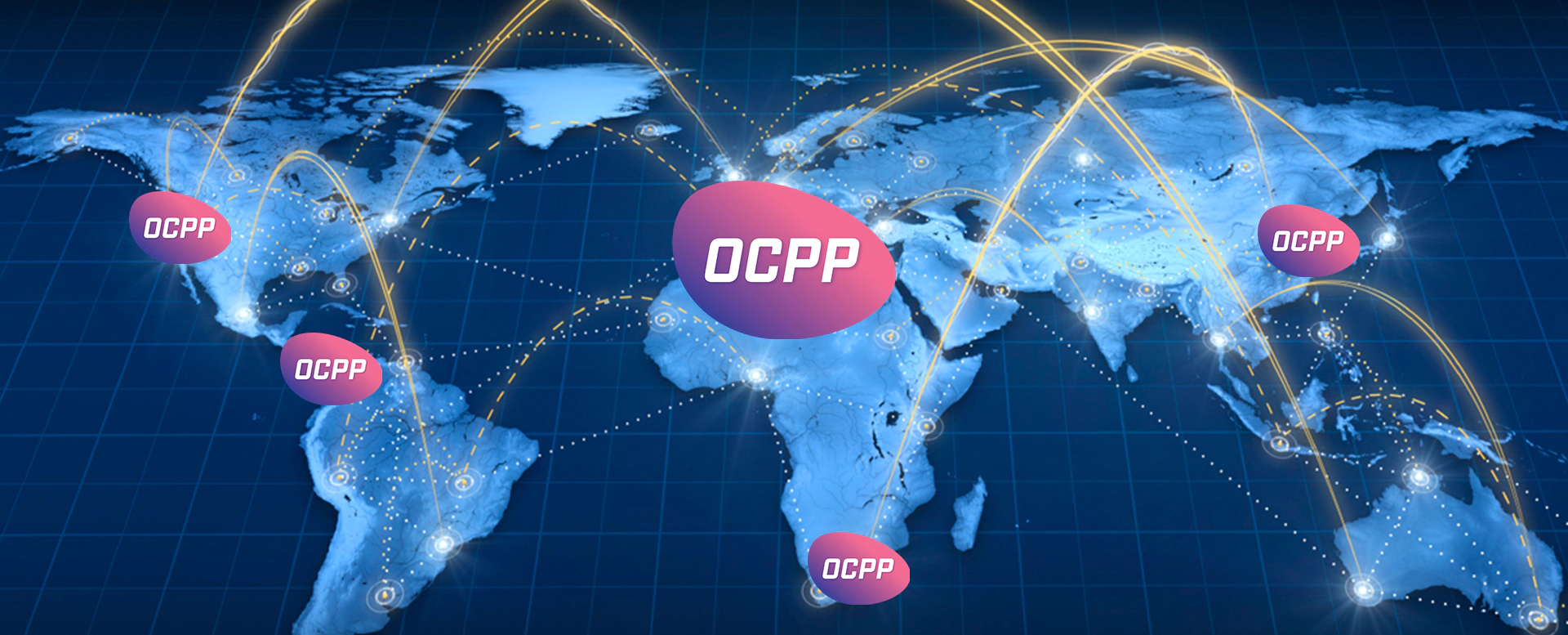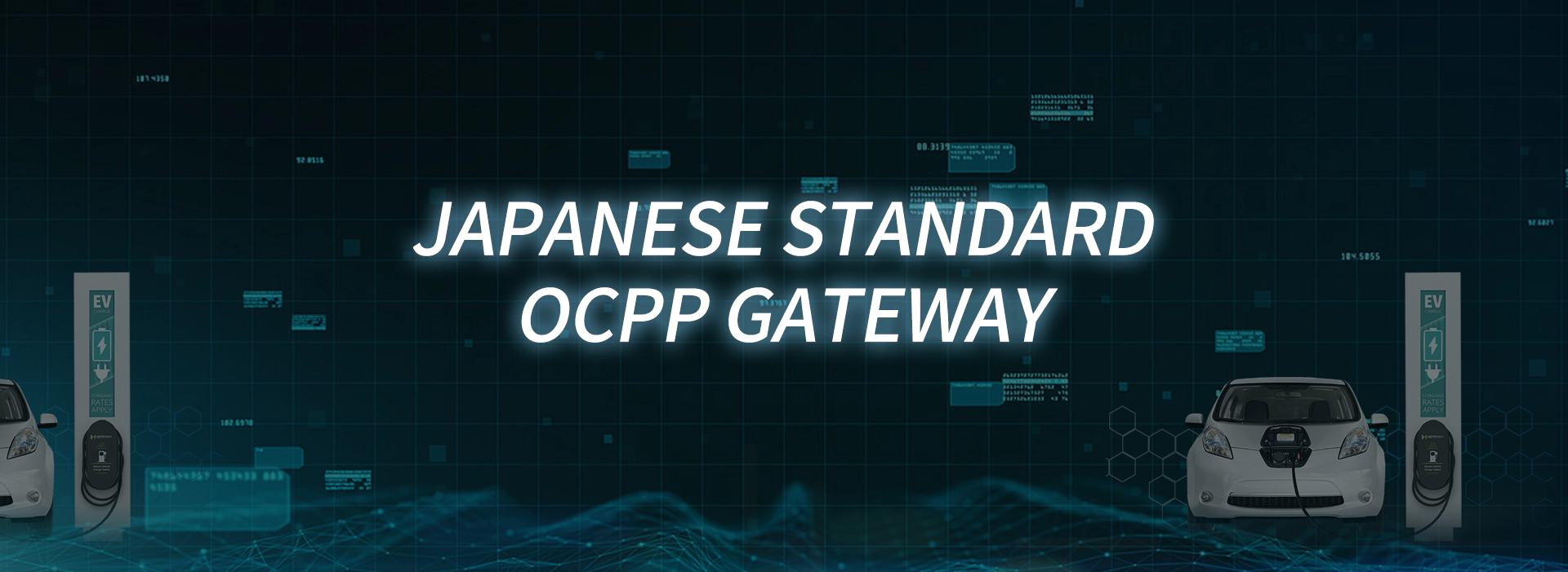-
Application status of OCPP in various countries

Application status of OCPP in various countries The application of the Open Charge Point Protocol (OCPP) varies across countries and regions, reflecting differences in electric vehicle (EV) infrastructure development, regulatory environments, and market preferences. Below is an overview of its adoption globally: ▶ Global Adoption OCPP has been implemented in 78 countries and is recognized…
-
Key Module of State Grid Protocol

Key Module of State Grid Protocol: State Grid Protocol Gateway The EV charger State Grid protocol module is a core component specifically designed to meet the communication requirements of the State Grid. As a critical part of the State Grid protocol module, the State Grid Protocol 4G Gateway aims to achieve efficient interfacing and data…
-
Extend the service life of EV chargers

Extend the service life of EV chargers With the rapid adoption of electric vehicles (EVs), charging stations have become critical infrastructure, growing in both quantity and importance. However, due to the continuous evolution of technical standards and the incompatibility of protocols among different manufacturers, many early-deployed charging stations face the risk of obsolescence. To protect…
-
EV chargers are cross-platform compatible

EV chargers are cross-platform compatible With the rapid adoption of electric vehicles (EVs), the charging station industry is experiencing significant growth. However, the diversity of communication protocols used by different manufacturers and platforms has created challenges in ensuring interoperability between charging devices and management systems. OCPP (Open Charge Point Protocol), as an open and standardized…
-
Integration of EV chargers and CSMS

Integration of EV chargers and CSMS Integrating EV chargers with a Charging Station Management System (CSMS) through the OCPP protocol using a 4G gateway is an efficient method, particularly suitable for areas lacking fixed network infrastructure. Here are the steps to achieve this integration: ▶ Selection of Appropriate Hardware and Software 1. Choose a 4G…
-
Safeguarding EV Charger Security

Safeguarding EV Charger Security The security of electric vehicle charging stations is a critical concern, especially as charging infrastructure rapidly expands. EV chargers need to meet electrical safety requirements and also require protection in terms of information security to prevent data breaches and cyberattacks. The 4G industrial gateway, as a crucial device connecting EV chargers…
-
Japanese standard OCPP gateway

Japanese standard OCPP gateway Exporting charging stations has become a trend, especially with greater opportunities in overseas markets. The Japanese market, as a significant target, has attracted the attention of many charging station companies. By adopting OCPP protocol 4G gateways, companies can ensure compatibility with local Japanese standards and support the rapid expansion of EV…
-
Introduction to OCPP 2.0.1

Introduction to OCPP 2.0.1 Currently, OCPP 1.6 is the mainstream protocol widely used internationally, providing a reliable foundation for electric vehicle charging networks. However, with technological advancements and the growing demand for more advanced features, OCPP 2.0.1 is becoming the trend for future development. OCPP 2.0.1 introduces a series of significant improvements and new features,…
-
State Grid SDK integration

State Grid SDK integration In the context of the State Grid, the State Grid Protocol 4G Gateway is a crucial component for enabling communication between various subsystems within the smart grid. It facilitates the conversion and integration of various communication protocols used across different devices and systems, which is essential for ensuring seamless data exchange…
-
Block Ping Packets From WAN

Block Ping Packets From WAN Ping packets are part of the Internet Control Message Protocol (ICMP), which is used to send error messages and operational information indicating the status of a network. The primary role of ping in network communication is to test the reachability of a host on an IP network, measure round-trip time…